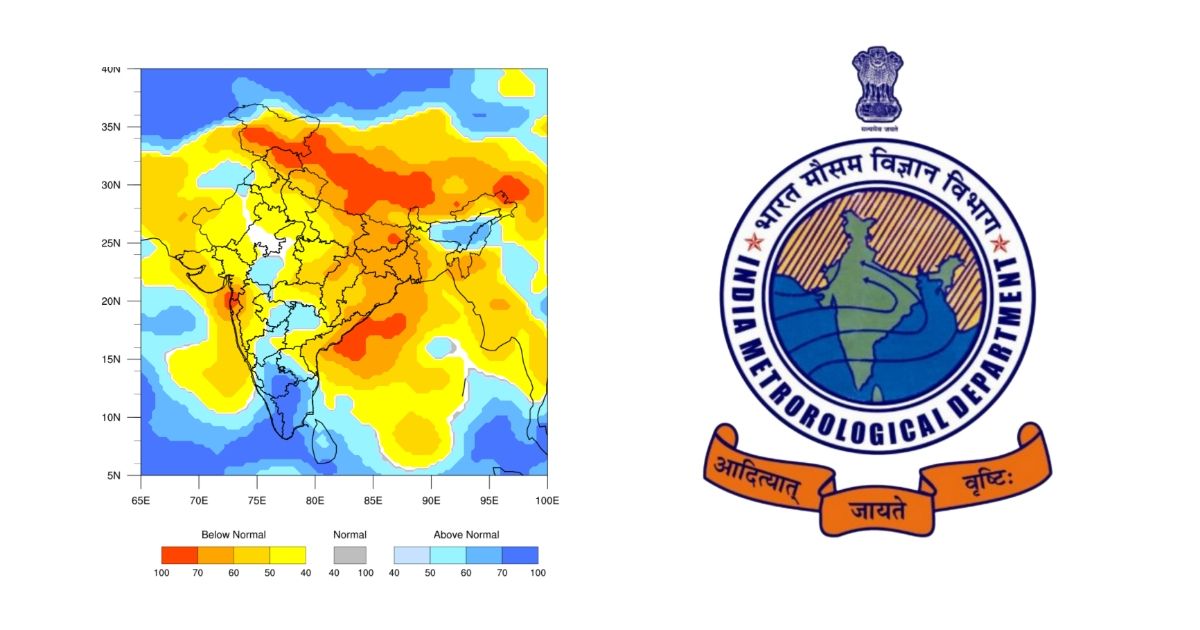
The Government of India is exploring the potential of artificial intelligence to improve weather forecasts in the country. The idea is to build climate models to predict torrential rains and droughts, which have proven devastating for the agricultural sector.
Weather agencies worldwide have also tested AI in weather forecasting, and mega-tech companies such as Google are also helping in the matter. AI could reduce the costs and time taken to study climate change, which will eventually increase the accuracy of weather reports.
As of now, the Indian Meteorological Department (IMD) provides forecasts based on data from weather radars across the country, which is processed using mathematical models in supercomputers. While this method has been effective so far, it consumes a huge amount of computing resources.
The use of AI is expected to reduce the stress on these systems, which will allow weather agencies to test for more conditions within the same time frame. This will help to generate higher-quality forecast data at faster speeds and lower costs.
Britain’s Meteorological Office recently said that a Google-funded AI weather forecasting model had outperformed the conventional methods. The initial success of these AI climate models hints at a new revolution in weather forecasting.

The Government of India is currently testing methods to implement AI in its weather forecast. It has set up a centre to experiment with ideas through workshops and conferences.
K S Hosalikar, Head of Climate Research and Services at IMD, told Reuters that the government is planning to increase the number of weather observatories in the country to provide forecasts at a village level.
A scientist from the Indian Institute of Tropical Meteorology mentions that high-quality data collection is required for the implementation of AI in weather forecasts. Location-specific weather information is required to accurately forecast weather in smaller villages.
Agriculture is one of the biggest sectors in the Indian economy. However, it is often affected by natural disasters such as floods due to heavy rains, or even droughts. Farmers are often unaware of these harsh climatic conditions as they do not have access to accurate weather information.
Weather forecasts are often criticised in metropolitan cities for lack of accuracy, as office-going staff faces untimely rains. However, this inaccuracy affects the rural areas more, as compared to urban areas. Hence, the GoI and IMD want to explore every possible method to improve weather forecasts in the country.











